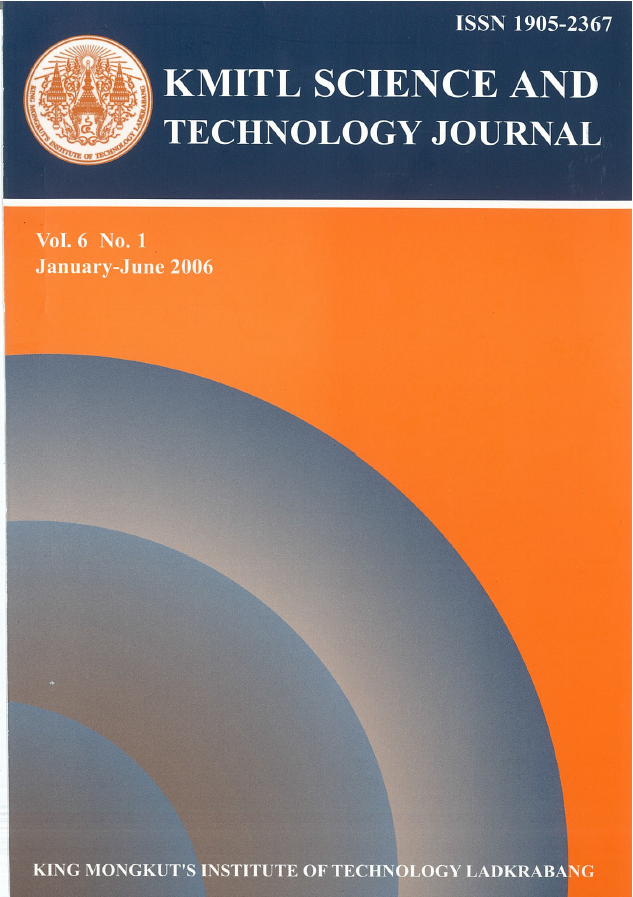This paper discusses the potential of biomass utilization available in Thailand and alternative methods of production of synthetic liquid transportation fuel from biomass. This is to replace the conventional biofuel produced by transesterification and fermentation processes which has some disadvantages. For example, they cannot be used directly in the automobiles without blending with conventional fossil fuels.
The integration of biomass gasification and the Fischer-Tropsch synthesis (BG-FT) and the catalytic depolymerization processes (CDP) will be considered as alternative ways to overcome the disadvantages of conventional bio-fuel. From the literature review and theoretical results of this work, CDP is the most suitable method to produce synthetic liquid transportation fuel from biomass because it can produce a higher amount of synthetic fuel than the BG-FT process. In addition, the cost of CDP is also less than the BG-FT process which consists of a two step conversion process: biomass gasification and FT-Synthesis.
Keywords: synthetic diesel, biomass gasification, Fischer-Tropsch synthesis, catalytic depolymerization process
Corresponding author: E-mail: laohalidanond@kobra.rwth-aachen.de
Laohalidanond*, K. ., Heil, J. ., & Wirtgen, C. . (2018). The Production of Synthetic Diesel from Biomass. Current Applied Science and Technology, 35-45.

https://cast.kmitl.ac.th/articles/145124